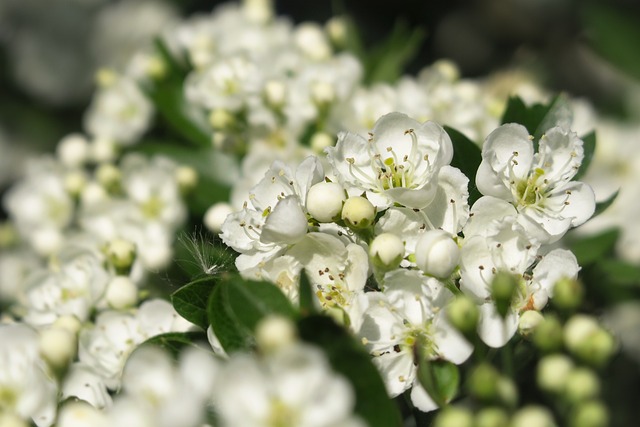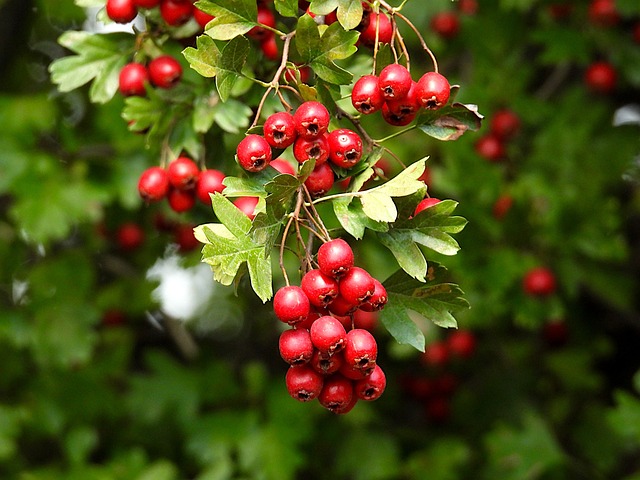Aphid colonies in the garden are often cared for by ants that love the sugary liquid secreted by this pest, but in most cases the owner must also intervene. Although aphids are a natural part of the ecosystem, when they occur in large numbers, these tiny insects pose a great danger to all plants in the garden. Aphids prefer heat, which is why they occur in spring and summer. There are hundreds of species of aphids, which vary not only in color and size, but also in the type of food they eat. When aphids reproduce in large numbers, they can invade and deform entire trees. They can even kill the tree. In most cases, aphids also transmit viral diseases that must destroy entire crops, but may not cause infestation of the surrounding area.

In addition to ants, birds are also great helpers in the fight against aphids. Titmice, in particular, not only prey on the ants themselves, but also seek out and destroy their eggs during the winter. Insects are also predators. Spiders, starlings, yellow-bellied warblers, and sunbirds. Spiders are especially powerful. Their larvae can kill as many as 50 aphids a day. Therefore, if aphids are to be eliminated with chemicals, it is necessary to keep an eye on them. Another helper is thrips, which resemble small wasps. They, too, can eat large numbers of aphids during the summer months, thus protecting the vegetation in the garden.

If aphids are breeding in the garden and the owner is trying to avoid using chemical products, something anyone can make with raw materials they have at home can also help. Perhaps the easiest and most effective is a spray made from baking soda, which must be carefully mixed with water. It is then sprayed directly on the aphids at least three times a week. Then rinse the plants with clean water. Garlic is equally effective. Crush the garlic and soak it in water until the next day. Then apply it to the affected area with a spray bottle. Many gardeners also use a solution of soap, oil, vinegar, and nettle to kill aphids. A cool decoction of chopped rhubarb leaves is also effective.